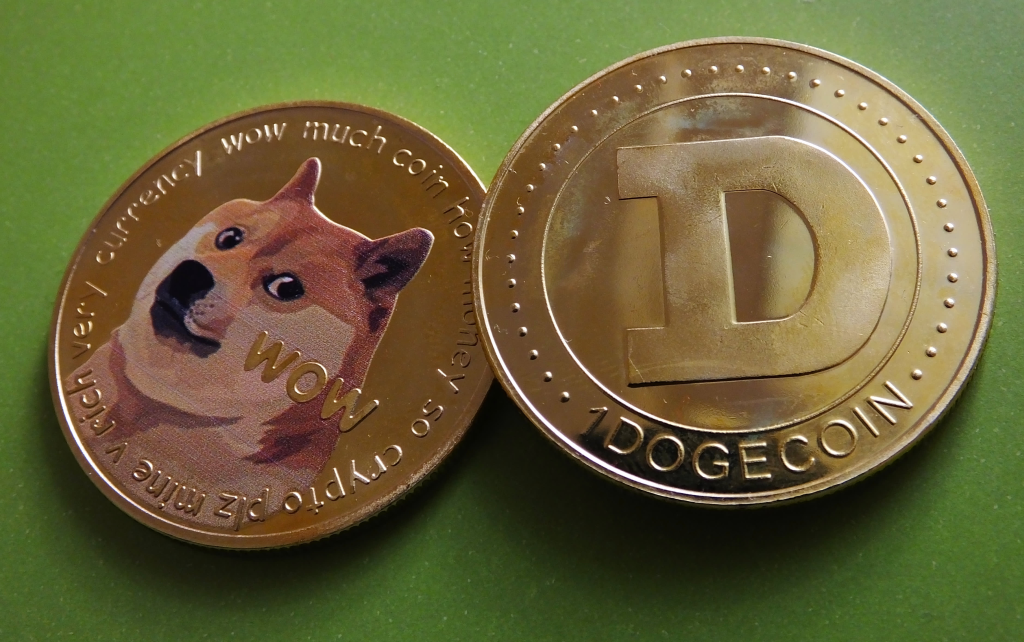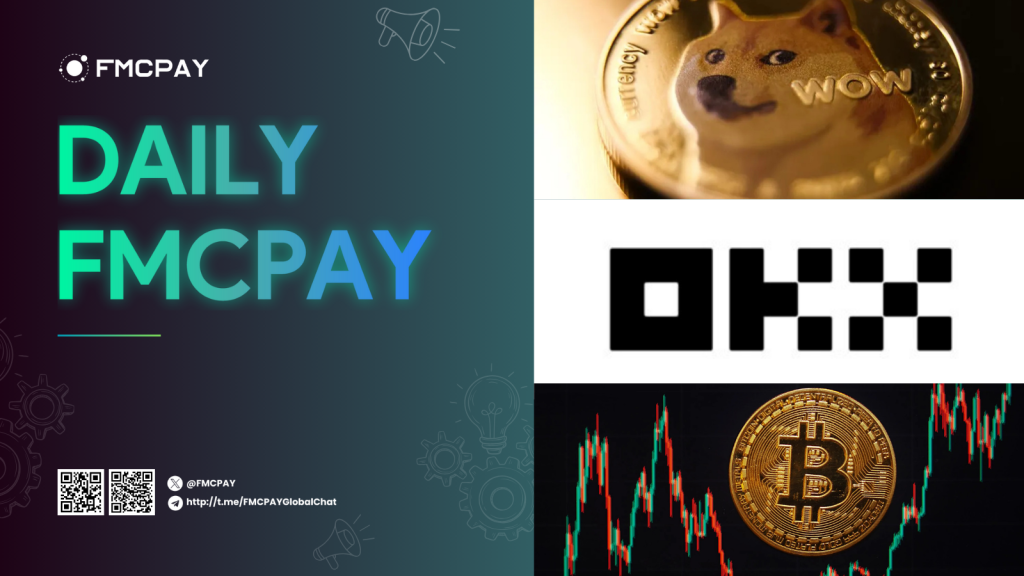
Regulatory Milestone for Crypto ETFs
The U.S. Securities and Exchange Commission (SEC) has officially acknowledged Grayscale’s applications to convert its XRP and Dogecoin Trusts into exchange-traded funds (ETFs), marking a pivotal moment in the regulatory landscape for crypto-based financial products. This unprecedented move signals a possible shift in the SEC’s approach toward digital asset investments.
The regulatory body issued a public notice seeking input on the proposed rule change for the Grayscale XRP Trust under NYSE Arca Rule 8.201-E. Shortly after, it extended the same request for Grayscale’s Dogecoin Trust, sparking optimism among analysts and investors.
SEC’s changing stance on Crypto ETFs
This development follows a December period where crypto ETF applications, such as Solana’s, were effectively denied with minimal engagement. Analysts suggest that the SEC’s latest acknowledgment indicates a greater openness to crypto-related investment products.
Bloomberg ETF analyst James Seyffart noted that the acknowledgment suggests a genuine possibility of approval, marking a departure from past rigidity. “It means there’s a chance,” he remarked, emphasizing that while full approval is not guaranteed, the regulatory shift is evident.
Path to potential approval
Once Grayscale’s ETF filings are published in the Federal Register, the SEC will begin its formal review period, which can last up to 240 days. Analysts believe this period will be crucial in determining the fate of these ETFs.
Seyffart estimates approval odds at 70% for an XRP ETF and 65% for a Dogecoin ETF, while Litecoin and Solana ETFs have even higher chances, at 90% and 70%, respectively. However, he also cautioned that an XRP ETF may face delays due to Ripple’s ongoing legal battle with the SEC.
Growing industry interest in Crypto ETFs
As the crypto market continues to evolve, more firms like Bitwise, 21Shares, and WisdomTree are expected to file similar applications, further shaping the future of digital asset ETFs. The SEC’s willingness to engage in discussions marks a crucial step toward broader acceptance of cryptocurrency investments in traditional financial markets.
NEW: There it is — The SEC just acknowledged @Grayscale & @NYSE’s 19b-4 filing to list an XRP ETF
(this was mostly expected but officially means the clock will start soon for this and Dogecoin) pic.twitter.com/IQgTqPiiOe
— James Seyffart (@JSeyff) February 13, 2025
Analysts caution OKX on potential challenges of listing Pi network

Regulatory and market concerns
The potential listing of Pi Network on OKX has ignited intense debate within the crypto industry, with analysts and investors questioning the risks associated with the move. OKX, one of the leading crypto exchanges, is reportedly considering adding Pi Network to its trading platform. However, concerns over regulatory challenges, market volatility, and the project’s unique user demographic have cast doubt on the decision.
Inexperienced investor base raises risks
A major issue surrounding Pi Network is its largely inexperienced investor base. Many Pi holders, drawn by the promise of financial gains, may not fully grasp market volatility. Analysts warn that panic selling could damage OKX’s reputation if Pi’s price plummets post-listing.
OKX’s Web3 wallet integration adds complexity
Moreover, OKX’s integrated approach to its exchange and Web3 wallet adds further risk. Unlike some competitors that separate these services, any issues with Pi Network’s listing could negatively impact the exchange’s broader ecosystem.
Other exchanges remain hesitant
Other exchanges have also expressed hesitation. Bybit CEO Ben Zhou dismissed the idea of listing Pi, citing concerns over legitimacy. Similarly, Bitget, after initially showing support, removed all references to the token, signaling uncertainty.
Liquidity challenges and investor backlash
The broader crypto market is struggling with liquidity, making it crucial for exchanges to list sustainable projects. Analysts argue that Pi’s listing could expose the project to market forces, leading to investor backlash. Social media discussions have highlighted fears that elderly Pi investors may invest pensions without understanding potential risks, leading to serious financial consequences.
Analysts urge caution for OKX
With mounting scrutiny, analysts urge OKX CEO Star Xu to proceed cautiously. Some fear that listing Pi could damage the exchange’s hard-earned reputation. As the debate continues, the decision on whether to list Pi remains a highly contentious issue within the crypto community.
Bitcoin ETFs record four straight days of outflows, losing $650M amid BTC struggles

Spot Bitcoin exchange-traded funds (ETFs) in the United States continued their downward trend on February 13, marking the fourth straight day of outflows. According to SoSoValue data, a total of $156.69 million exited the 12 spot Bitcoin ETFs, a 37.6% decline from the previous day’s $251.03 million in outflows.
Fidelity and ARK 21Shares lead Bitcoin ETF outflows
Fidelity’s FBTC once again recorded the highest outflows, with $94.46 million withdrawn, followed by ARK 21Shares’ ARKB, which lost $52.73 million. Other funds experiencing outflows included:
- Bitwise’s BITB: $15.69 million
- Franklin Templeton’s EZBC: $8.35 million
- Grayscale’s GBTC: $6.86 million
- Invesco Galaxy’s BTCO: $4.81 million
BlackRock’s IBIT defies trend with inflows
Despite the broader trend of outflows, BlackRock’s IBIT was the only ETF to record positive movement, attracting $26.21 million in inflows. Data for VanEck’s Bitcoin ETF was unavailable at the time of reporting, while the remaining four BTC ETFs saw no net flows for the day.
Bitcoin ETF market activity and recent trends
Total trading volume for Bitcoin ETFs stood at $1.77 billion on February 13, with cumulative net inflows reaching $40.05 billion. Over the past five trading sessions, these ETFs recorded outflows on four occasions, totaling approximately $650 million in net losses.
Ethereum ETFs see net inflows
Unlike Bitcoin, Ether ETFs reversed their trend, recording $12.92 million in net inflows. BlackRock’s IBIT led the charge with $12.05 million, followed by Fidelity’s FBTC with $4.64 million. However, these gains were slightly offset by $3.77 million in outflows from Grayscale’s ETHE.
As of the morning of February 13 (Asian time), Bitcoin was trading at $96,909, fluctuating within its recent range of $90,000 to $109,000. Meanwhile, Ethereum stood at $2,718, marking a slight 1% decline.


